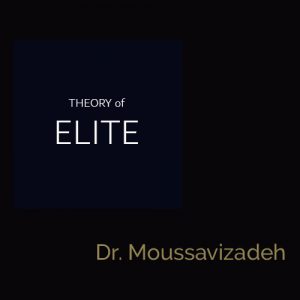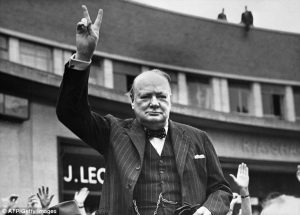Power, and Elite Theories
According to scientific work the real superiority of the concept of the ruling, or political class, lies in the fact that the varying structure of ruling classes has a preponderant importance in determining the political type, and also the level of civilization, of the different peoples. According to a manner of classifying forms of government that is still in vogue, Turkey, Russia, were both, up until the twentieth century absolute monarchies, Britain and Italy were constitutional, or limited, monarchies, and France and the United States were classed as republics. This classification was based on the fact that. in the first two countries mentioned, headship in the state was hereditary and the chief was nominally omnipotent; in the second two, his office is hereditary but his powers and prerogatives are limited: in the last two he is elected. However, this kind of classification could be seen as not profound and one could say over-simplified. Absolutisms though they were, there was little in common between the manners in which Russia and Turkey were managed politically, the levels of civilization in the two countries and the organisation of their ruling classes being vastly different. In the same way the pre-World War Two regime in Italy, a monarchy, was much more similar to the regime in France, a republic, than to the regime in Britain, also a monarchy, while there are clearly important differences between the political organisation of the United States and France, though both countries are republics.
The classification that we have talked about (which divides governments into absolute monarchies, limited monarchies and republics) was brought up by Montesquieu. It was aimed to substitute Aristotle’s classical categorizing in which he divided governments into monarchies, aristocracies and democracies. According to Aristotle democracy was simply an aristocracy of fairly broad membership. He was in fact in’ a position to witness this in every Greek state, whether aristocratic or democratic, there was always one person or more who had a preponderate influence. From Polybius’ time to Montesquieu’s time many writers attempted to perfect Aristotle’s classification by introducing into it the concept of ‘mixed governments. “Later on the modern democratic theory, which had its source in Rousseau, took its stand upon the concept that the majority of the citizens in any state can participate, and in fact ought to participate, in its political life, and the doctrine of popular sovereignty still holds sway over many minds in spite of the fact that modern scholarship is making it increasingly clear that democratic monarchial and aristocratic principles function side by side in every political organism”.39 The reason for this is that it is very hard to imagine that there is any society in which majorities are not ruled by the minorities. This is a natural fact, for the dominion of an organized minority, obeying a single impulse, over the unorganized majority, is inevitable. Nevertheless, it is necessary to point out that in modern society a single individual would not be able to command a group without finding within the group a minority to support him. The power of any minority is irresistible as against each single individual in the majority, who stands alone before the totality of the organized minority. At the same time, the minority is organized for the very reason that it is a minority. A hundred men acting uniformly in concert, with a common understanding, will triumph over a thousand men who are not in accord and can therefore be dealt with one by one.



